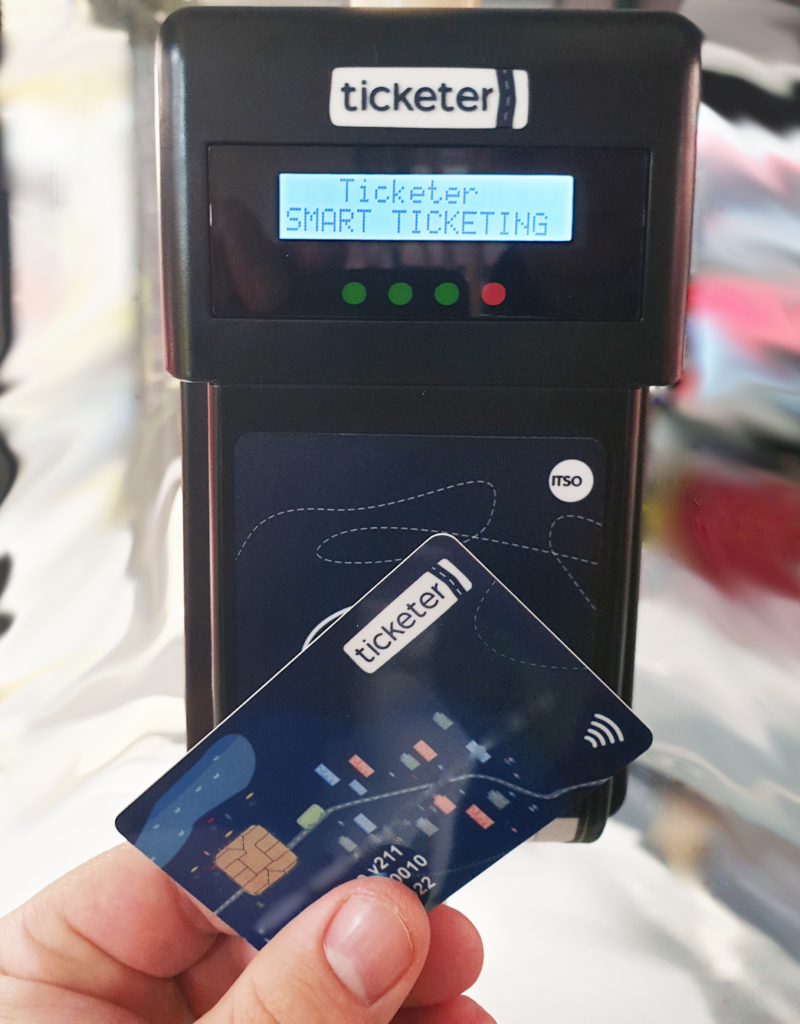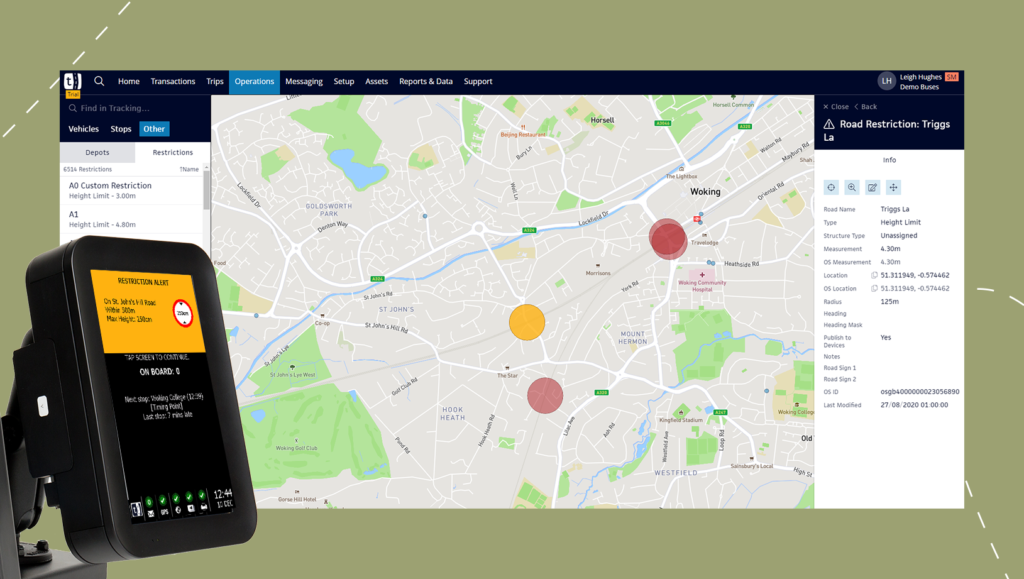Our Ticketer team is fuelled by awesome individuals, some of whom you may chat to on a regular basis, and some who you may not. And as we haven’t been able to get out and about to meet anyone in person for a while, we’re bringing our team to you, (well virtually for now).
Over the coming months, we’ll be asking various Ticketer team members some questions about what they do at Ticketer, any changes and trends they’re seeing within the industry as well as getting the lowdown on exciting new features and products.
 Antonio Carmona, International General Manager and UK Head of Sales gives us his insight and opinion on industry trends and life after lockdown.
Antonio Carmona, International General Manager and UK Head of Sales gives us his insight and opinion on industry trends and life after lockdown.
1. Antonio, can you please tell us a little bit about yourself and your role within Ticketer?
I joined Ticketer almost two years ago to lead our expansion overseas, and last November my role expanded to lead our UK commercial team following John’s transition to Founder. Big boots to fill!
I have been working with transport technology my entire career. I started in Procurement, leading deployments for ticketing and passenger information systems at the national rail operator in Spain. After a few years working in the public sector, I moved to the private sector to a transport technology supplier. There, I had the opportunity to work in different international roles and business units across the group. I have been lucky to be exposed to different mobility ecosystems across many different cultures and economies, and I have, over the years learnt that interestingly, there’s no other sensible solution to mobility other than the one that has public transport at its core. No matter how big or small, how built-up or rural, and regardless of how affluent your country or city is.
As said by Gustavo Petro, Mayor of Bogotá, “a developed country is not a place where the poor have cars. It’s where the rich use public transportation.”
2. Now that lockdown restrictions have been further lifted, what challenges do you think the industry could be facing?
In my opinion, the biggest challenge will be regaining passenger trust. In the early Covid-19 days, public transport was literally stigmatised as an unsafe place to be. That risk perception was partly caused by confusing, and in some cases incorrect, findings which were exacerbated by misguided early messaging from governments around the world. As I say to my children; “trust takes years to build, seconds to break, and forever to repair,” and this also goes for public transport. Focusing the efforts on gaining trust back will be key in the months and years to come.
3. How do you think that ticketing and payments will change as a result of Covid?
 I think we are going to see changes as a result of the acceleration of some pre-pandemic trends. In a move away from cash, use of mobile ticketing and contactless EMV has grown significantly in the UK, and globally over the last 15 months, and we expect this trend to continue to grow over the next few years. It will not only bring convenience to the passenger, but also will help improve the dwell times at stops and overall predictability of the bus services. All of which is great news for passengers, and hopefully will drive growth in passenger demand.
I think we are going to see changes as a result of the acceleration of some pre-pandemic trends. In a move away from cash, use of mobile ticketing and contactless EMV has grown significantly in the UK, and globally over the last 15 months, and we expect this trend to continue to grow over the next few years. It will not only bring convenience to the passenger, but also will help improve the dwell times at stops and overall predictability of the bus services. All of which is great news for passengers, and hopefully will drive growth in passenger demand.
In regards to fare products, with more flexible working arrangements and less certainty of travel needs from the passenger point of view, we may see more flexible options and also possibly a surge in post-paid Pay-As-You-Go products, as these require a lower upfront commitment from the passenger. this will be the natural next steps for many operators following the growth in contactless EMV adoption, and the changes in travel behaviour that we are seeing.
4. And is contactless now one of the preferred options by bus operators?
Contactless is a great payment technology for any day-to-day purchases we make, whether it’s for coffee, a shirt or a bus ticket. But in public transport, the magic of contactless EMV is bigger, because it can be combined with tap aggregation, fare capping and other techniques, and by doing so, operators can offer Pay-As-You-Go products to their passengers, with flexible fares, and an incredible user experience. By enabling this Tap On/Tap Off technology, operators are now able to provide daily capped fares, across services and zones to passengers. Boarding times are reduced as driver interaction is minimal, and operators can now get access to more data about their passengers’ travelling habits than they have ever had before.
So for me, it’s more than a preferred option by bus operators, it is becoming the preferred option by passengers, and the operators are adopting it with the aim of offering the best experience to their customers.
5. Is there a Ticketer feature or product that you think is going to be of particular interest in the near future?
 Well, there are so many! Some are already live, such as the Road Restriction Alerts, which is getting a lot of attention and is live across thousands of buses in the UK.
Well, there are so many! Some are already live, such as the Road Restriction Alerts, which is getting a lot of attention and is live across thousands of buses in the UK.
Another interesting one is Traffic Light Priority. Where the operator has the option to partake in a strategic traffic light priority scheme, location awareness allows the ETM to connect to a Central Urban Traffic Management Control to request a green light if the bus is delayed, thus improving schedule compliance and resulting in a faster and more predictable services for passengers.
Driver Checklists is also getting a lot of attention and QR hotlists with the ability to have single-use QR tickets will also be greatly welcomed by operators.
I could really spend the day listing interesting features, but there are some major announcements coming soon. Real game changers. I am pretty confident that some of the features will gather real interest from operators, and hopefully with them we will be contributing to the recovery of the bus industry.
6. And finally, if you could take a long bus journey with anyone famous, who would it be and why?
I would say my wife Macarena, (that’s where the ‘famous’ bit comes from…), but after 14 months working from home, I don’t think she would accept the offer! I will therefore go for my second option: Margot Robbie. No particular reason, but she’s a great actress and seems like a fun companion for a long journey.

